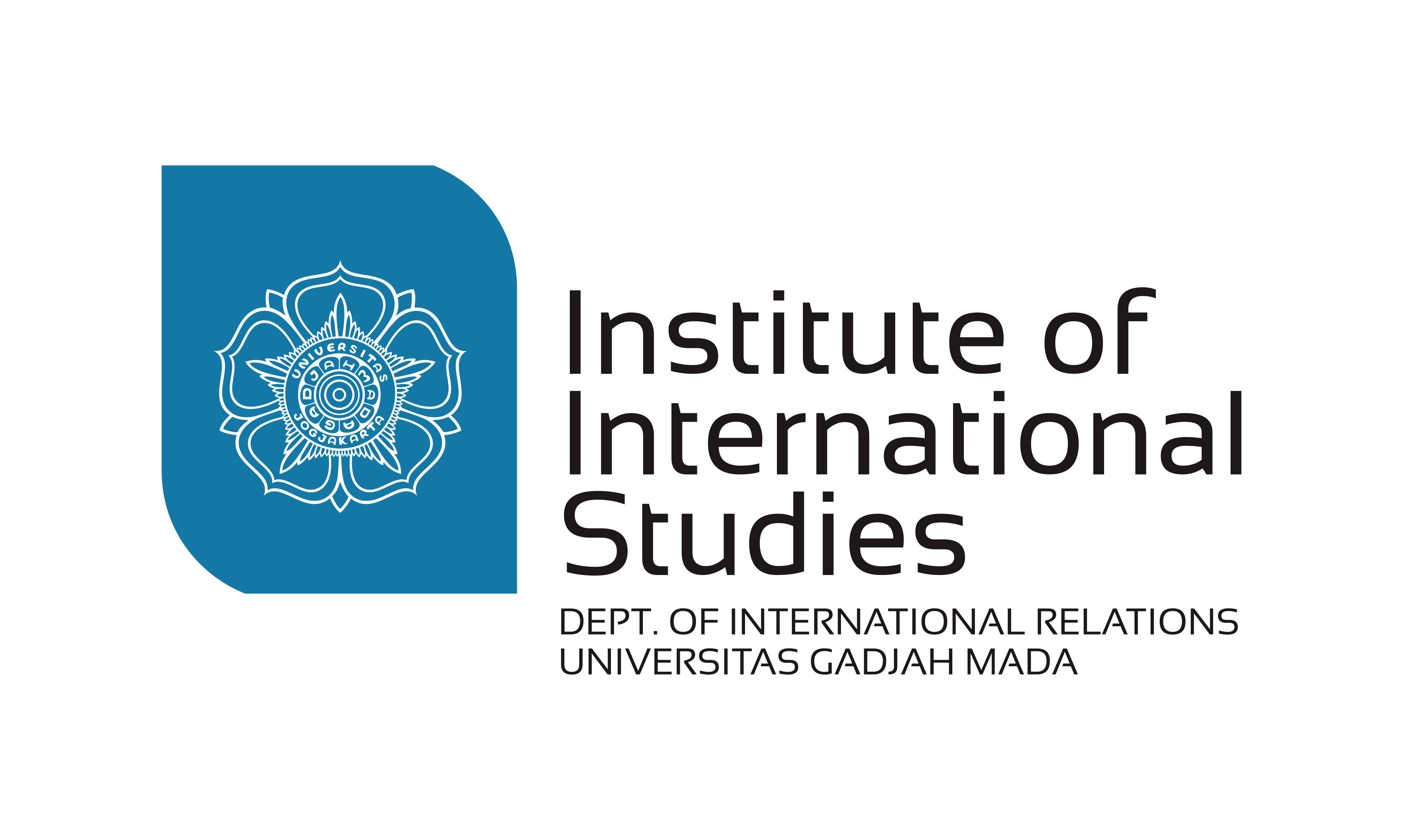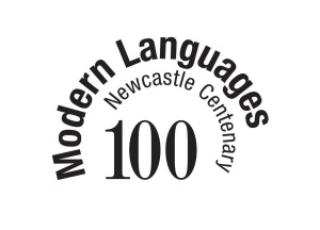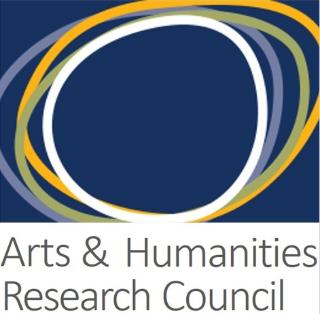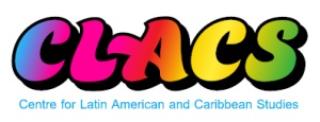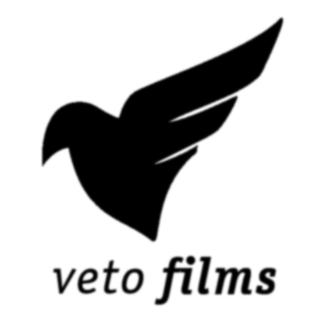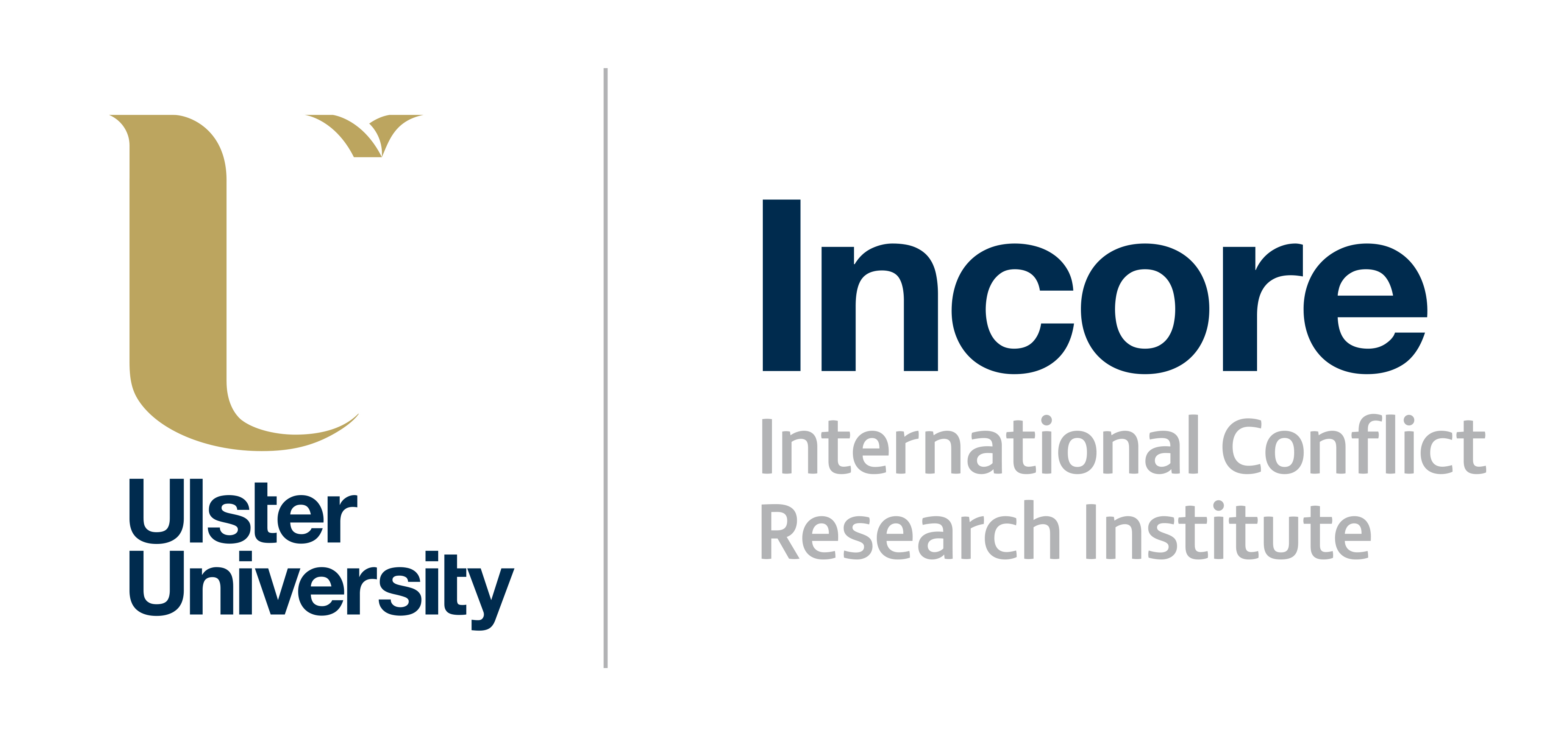Updates
Where We Are Now
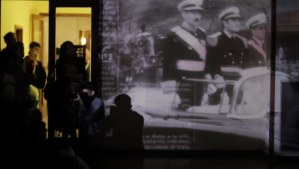
In our first blog for the site, we thought we’d update you on where we are now in the Screening Violence project.
Our academics have travelled to five countries, where they’ve screened documentaries and fiction films to various communities. These screenings have prompted wide-ranging discussions of post-conflict issues, from the nature of memory and historical narratives to the consequences of outside intervention in regional political processes.
Each team of academics partnered with filmmakers from all five countries to record these encounters. Our method has led us to new perspectives on local experiences of political violence, and we’ve now got terabytes of audio-visual material. That material is going to be developed into several different media formats, including a film and an online interactive experience.
In all, the footage we have is thought-provoking, but it presents us with complex challenges. How do we accurately represent the experiences our participants shared with us? What might ‘accuracy’ even mean in this context? We’re thinking about how to preserve the nuances of their experiences, while we maintain a clear voice and structure in our work.
Our filmmakers’ shooting styles are emerging clearly in post-production: some are more discursive, focusing on the interviews we conducted; some are more abstract. Some have even stayed within a single room or place, following intense discussions closely as they unfolded; others have ranged across landscapes and cultural events. There are aesthetic differences dictated by the locations: the bright sunshine of Colombia contrasts distinctly with the muted light of Argentina. But our Argentinian filmmaker, Pablo Burgos, brings a bright and extroverted artistic sensibility to his footage: his vivid blocks of colour and fictionalised segments clearly reference French New Wave filmmakers like Jean-Luc Godard.
Two of our team attended the second annual AHTV conference in London at the beginning of February. It was a one-day master class, designed to bring together the worlds of academia and TV production. While we were there, we made connections with UK-based TV producers, who advised us on the next steps to take as we develop our narratives.
A day-long summit at Newcastle University at the end of February brought together our core academics from around the UK (and our Indonesian academic partner, Dr Diah Kusumaningrumvia of Universitas Gadjah Mada, via Skype), for project updates and planning. We also met Alex Elliott, who’ll be synthesising our material into a feature-length film.
It was a relief to get all that done before the COVID-19 restrictions on travel and meetings were implemented in the UK. We’re in a good position to work from home: the team is now focused on creating translations and transcriptions from our audio-visual footage. We’re also beginning to interpret it. For example, we’re tracking the recurring tropes and metaphors expressed by interviewees, looking for points of similarity and of clear difference. Over the next few weeks, we hope to share some of that material here on the website.
Last modified: Tue, 07 Apr 2020 17:51:28 BST

